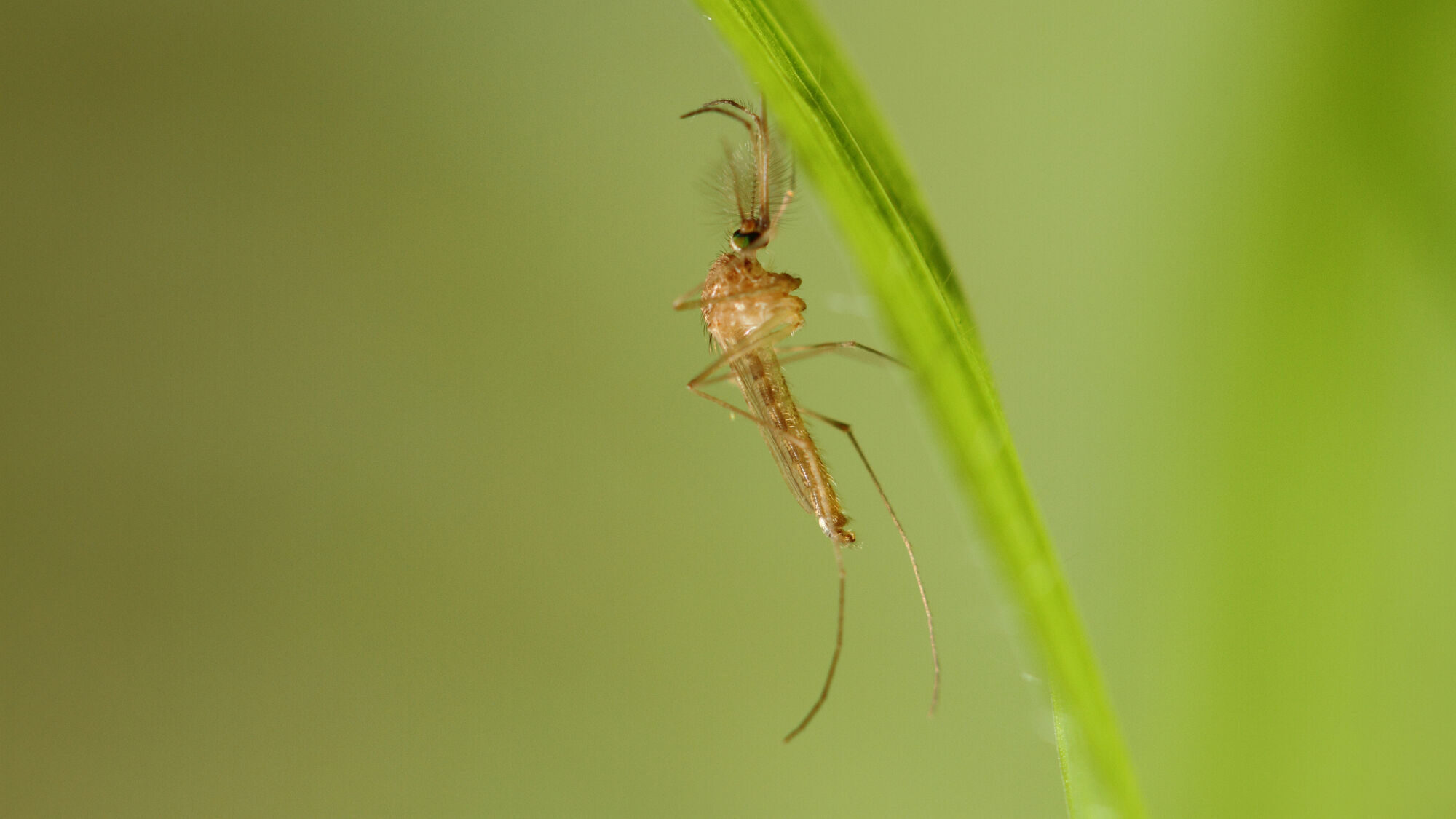Culex pipiens is a mosquito species widely distributed across temperate regions of Europe, Africa, and Asia. Known as a pest in urban environments, it is also abundant and widespread in Belgium. As one of the most common mosquitoes found in human habitats, it is often referred to as the common house mosquito or the northern house mosquito.

The PipPop project, launched to better understand the evolutionary history of Culex pipiens, had the key goal of exploring the origins of ecological adaptations in its two forms: Culex pipiens form pipiens and Culex pipiens form molestus. While both forms are morphologically indistinguishable, they exhibit different behaviors and can co-occur, with some reports of hybridization.
The molestus form was once thought to have evolved specifically in the London Underground subway system during World War II. However, this new genetic study reveals that it actually adapted to human environments in the Middle East over 1,000 years ago, likely alongside the rise of early agricultural societies. Key traits—such as its ability to mate in confined spaces and feed on humans—likely developed long before modern cities emerged.

Public Domain Mark 1.0

cc Institute of Tropical Medicine
This discovery reshapes our understanding of rapid urban evolution, showing how ancient behaviors helped mosquitoes thrive in today’s urban environments. The findings have important public health implications, as these mosquitoes are significant vectors for diseases like the West Nile virus. BopCo is proud to have contributed to this groundbreaking project.
This study was initiated and conducted at Princeton University: https://yukihaba.github.io/
🤝 Supported in Belgium by
- Institute of Tropical Medicine
- Royal Belgian Institute of Natural Sciences
- Royal Museum for Central Africa
- BELSPO – Belgian Science Policy Office
Read more:
https://www.biorxiv.org/content/10.1101/2025.01.26.634793v1
https://www.nature.com/articles/d41586-025-00323-9


